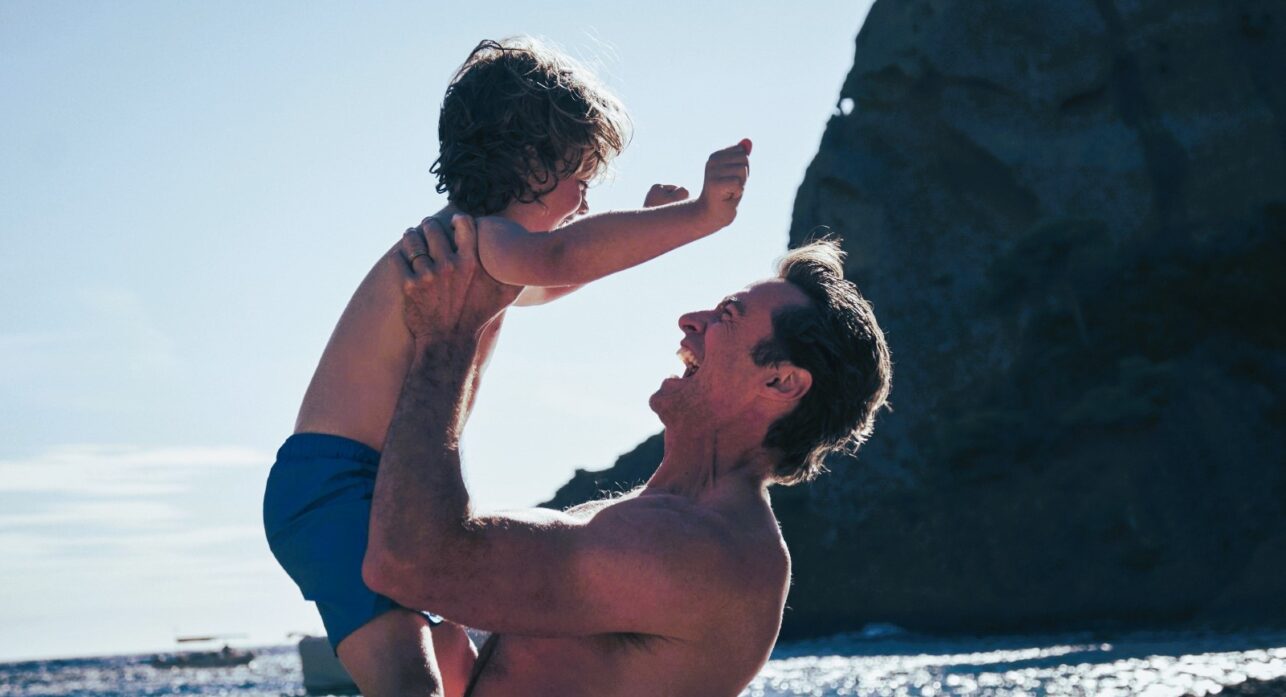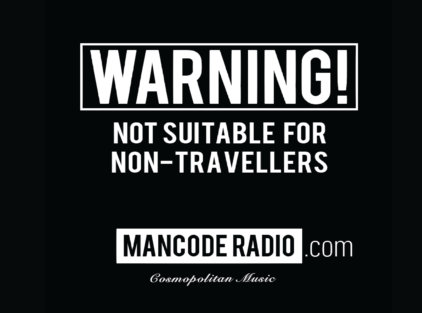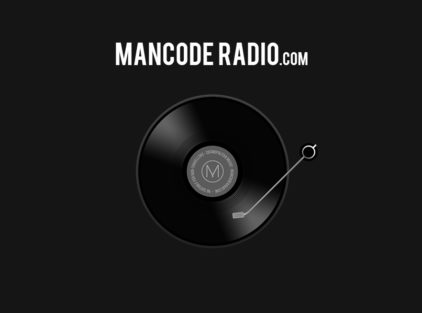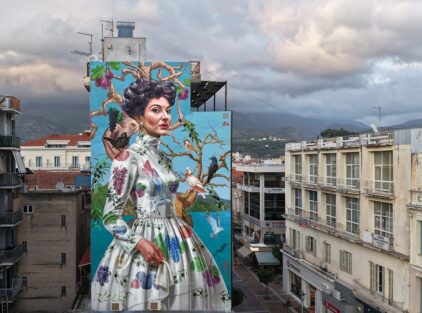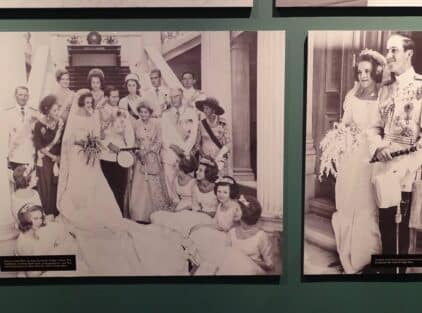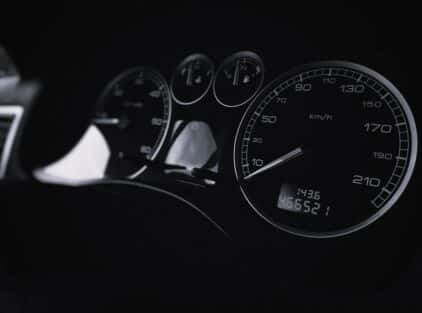by Maria Mylona
“I cannot think of any need in childhood as strong as the need for a father’s protection.”
— Sigmund Freud
In our time, the concept of fatherhood has been radically redefined. From the traditional role of the strict protector and provider, fatherhood has evolved into a multidimensional mission that combines emotional availability, psychological support, and active involvement in raising children. The modern father is not simply expected to be present—he is called to be an engaged co-creator of his children’s emotional development.
Contemporary therapeutic approaches now clearly acknowledge that a father’s presence and involvement are directly linked to the development of crucial skills in children, such as higher emotional resilience, improved self-esteem, better stress management, and stronger social relationships.
The transition from the old model of “father as authority” to today’s “father as companion” requires skills that many men were never taught. Essentially, the father is now asked to become a “gentle leader”—to lead not through control and fear, but through emotional intelligence, understanding, and consistency.
This means that today’s father:
Teaches by example, not by issuing commands.
Recognizes and expresses his own emotions, modeling healthy emotional expression.
Cultivates a safe environment where the child feels free to express concerns and difficulties.
Encourages autonomy, allowing children the space to explore and grow, while his support remains ever-present.
One of the greatest challenges modern men face is balancing professional and personal life. The pressure to achieve professional success often clashes with the desire to be meaningfully involved in family life. And yet, investing in this daily involvement not only benefits the children’s psychology—it also enhances the father’s own mental health. Studies show that men who actively participate in raising their children report lower levels of stress, greater life satisfaction, and stronger emotional bonds with their families.
From a psychotherapeutic perspective, fatherhood is an ongoing journey of personal growth. Fathers are often called to process unresolved issues, to reflect on the role models they experienced in their own childhood, and to redefine them in order to create a healthier framework for their own children. Self-awareness, empathy, and emotional resilience are not innate traits—they are skills that can be developed.
Father’s Day is not merely a reminder of a biological role. It is a recognition of an ongoing investment in a lifelong relationship. The modern father is the calm force who supports, guides, inspires, and grows alongside his child. And perhaps, in the end, that is the most meaningful gift he can offer.
Maria Mylona is a Health Psychologist and Integrative Psychotherapist / www.mariamylona.gr
